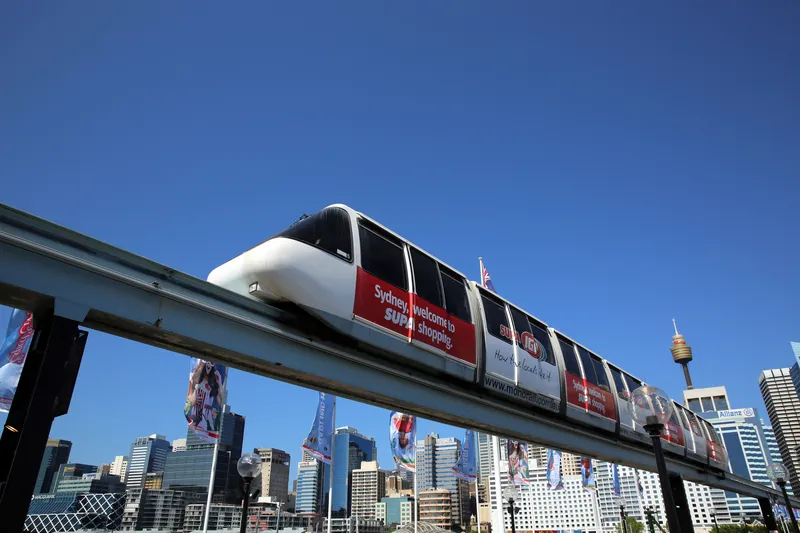The Transport Ticketing Central and Eastern Europe conference made its debut in Warsaw in October, welcoming 200 transport executives from across the region to discuss the ways to make paying and accessing public transport fast, efficient and flexible.
Supported by the Polish Ministry of Infrastructure and Development and
Conference director, Zehra Chudry said “This event was a fantastic platform which hosted refreshingly honest and transparent debates about the obstacles operators are facing in implementing smart ticketing initiatives. The conversations onsite opened so many avenues for this region’s transport sector in terms of shared learning and working to build a collective approach to the challenges faced. I personally look forward to finding out how public transport networks evolve as a result of the discussions conducted throughout the conference.
“As a region, Central and Eastern Europe has caught the international public transport community’s attention because of its uncharacteristically fast adoption of new ticketing and payment technology. The Central and Eastern European transport landscape is typically characterised by minimal heavy infrastructure and a dependency on paper ticketing. This should present a ‘blank canvas’ for transport operators looking to introduce a new channel for fare collection but there are a number of barriers to implementation.
“The need for understanding around new technology integration and transport ticketing strategies has become vital. The conference session leaders not only provided critical insight and expertise but gave the audience the opportunity to share experiences and debate what solutions have to look like to suit their passengers, but also, what are we actually trying to achieve with ‘smart’ ticketing.”
The discussions will continue at Transport Ticketing Global 2015 in London on 27-29 January.
Debut of Eastern Europe transport ticketing conference
The Transport Ticketing Central and Eastern Europe conference made its debut in Warsaw in October, welcoming 200 transport executives from across the region to discuss the ways to make paying and accessing public transport fast, efficient and flexible.
November 3, 2014
Read time: 2 mins








